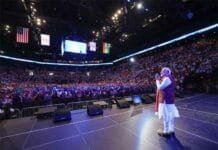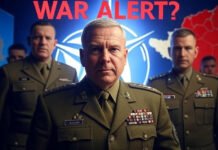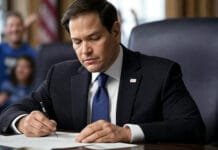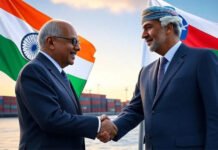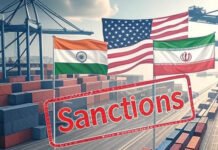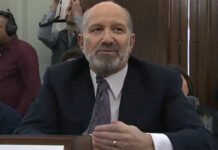India and Russia are working towards a major economic alliance with a free trade agreement (FTA) and a bilateral investment treaty. This would open doors for investors on both sides and take Indo-Russia ties beyond defence, civilian nuclear energy, and space, into the economic sector. The FTA discussions, delayed due to COVID-19, can now proceed as the situation has improved.
Denis Manturov, the Russian deputy prime minister, and S. Jaishankar, the external affairs minister, recently discussed the need to finalize discussions on the FTA and IPT. Both leaders believe it is mutually beneficial and will pave the way for numerous high-level agreements.
Manturov emphasized that Russia is ready to exchange technological expertise with India and other friendly countries, particularly in the chemicals and pharmaceuticals sector. Payment, however, is an issue, as Russia is no longer part of the dollar trading sector due to the war in Ukraine. Manturov suggested “settlement in national currencies or the currency of friendly countries” as an option. He also invited Indians to participate in the industrial exhibition at Ekaterinburg and the economic forum in Vladivostok.
Despite the sanctions imposed on Russia, Manturov stated that the country’s economy remains strong and stable. Furthermore, Russia has no intention of isolating itself from the external world.
The relationship between India and Russia is an important subject of attention and comment, according to Jaishankar. It remains steady and India is looking forward to a multipolar Asia. Jaishankar also invited Russia to invest in India, for the betterment of the world. He stressed the need to remove trade imbalances and obstacles, such as logistics problems, market access, and trade barriers, for the benefit of both countries. He urged honesty about the short and medium-term challenges, including an inadequate appreciation of the risks that Indian businessmen face.
Jaishankar believed that the Chennai-Vladivostok economic corridor is beneficial for both sides. He expressed regret that barely 1% of outbound Russian tourists visit India and suggested that increasing the number of flights could be an answer. He also saw potential for Indian exporters in automobiles, electronics, white goods, and even agricultural goods.
In conclusion, the economic alliance between India and Russia holds great potential. The FTA and IPT, once finalized, will pave the way for mutual benefits in areas such as technology, chemicals, and pharmaceuticals. The Chennai-Vladivostok economic corridor will promote trade and investment, while increased flights will boost tourism. Overall, the Indo-Russia relationship is moving beyond defence and nuclear energy, opening new avenues for cooperation in the economic sector.


